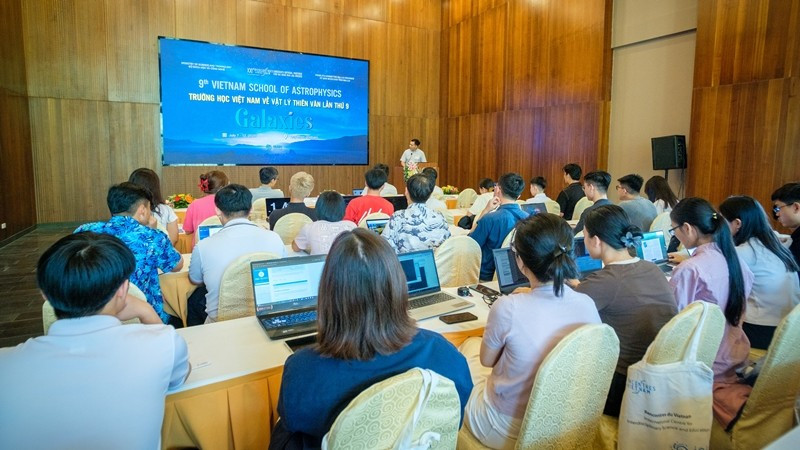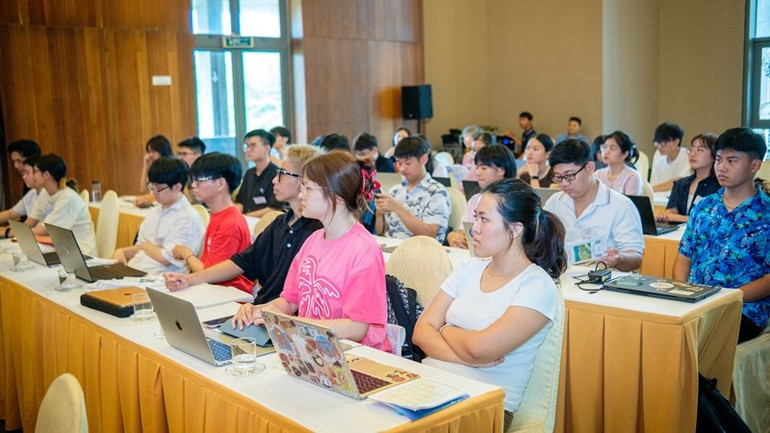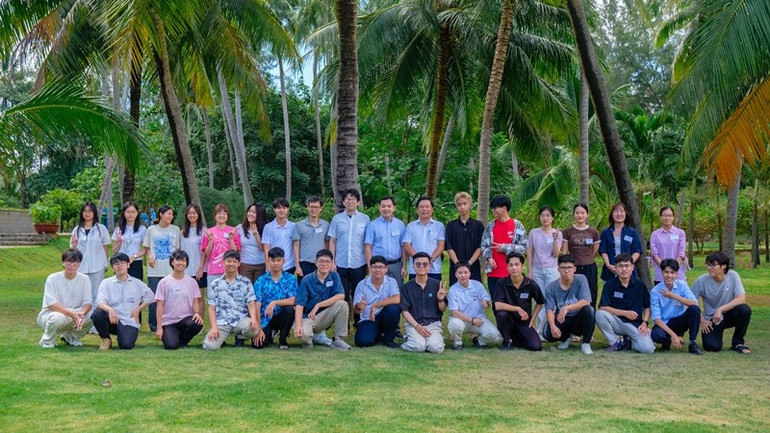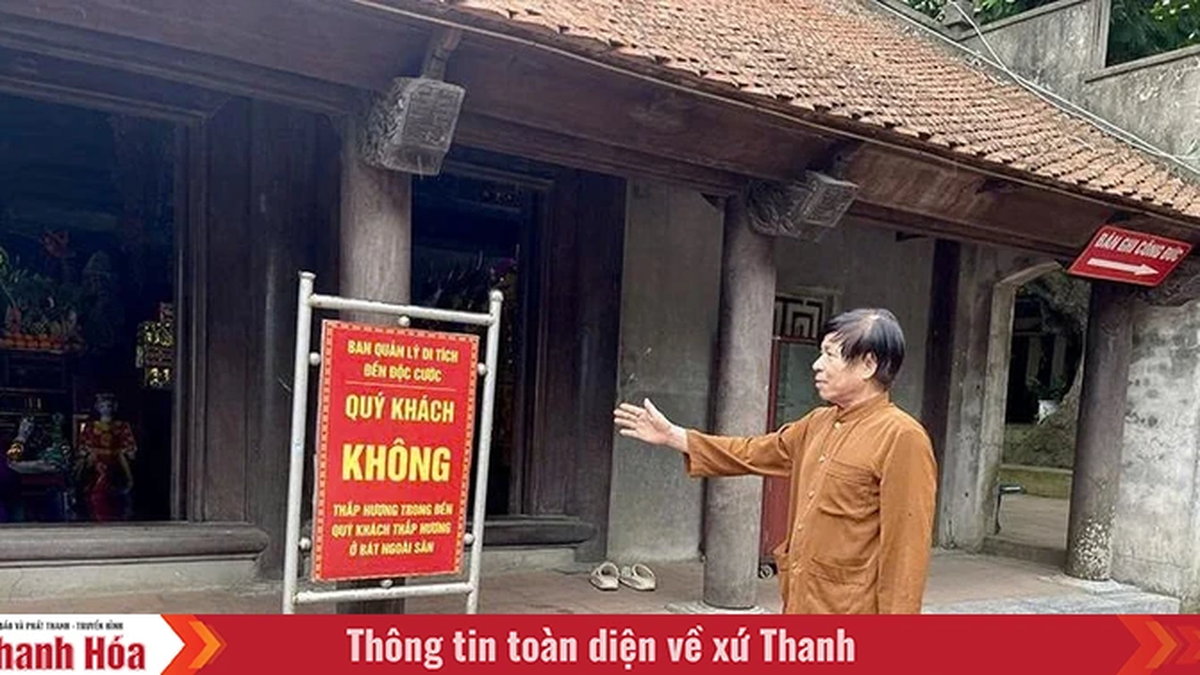
The event, which lasts until July 12, brings together nearly 40 scientists , young researchers and students from six countries and territories including Taiwan (China), Spain, Thailand, Japan, India and Vietnam.
This year's VSOA9 focuses on one of the hottest and most promising topics in modern astrophysics, the formation and evolution of galaxies.
This is a field that is making great strides thanks to groundbreaking observations from the James Webb Space Telescope (JWST) and the ALMA telescope array, two cutting-edge instruments that are opening new windows into the early universe.

Not only limited to theory, VSOA9’s curriculum also integrates intensive practical sessions, where students are guided in using software to analyze real observational data – an essential skill in modern astronomical research. This is also a valuable opportunity for young people to directly access advanced research methods, thereby forming independent and creative scientific thinking.
This year, the school is also honored to have the participation of many prestigious scientists in the field of international astronomy, such as Professor Masami Ouchi, National Astronomical Observatory of Japan/University of Tokyo, Japan; Dr. Javier Alvarez and Dr. Bruno Rodriguez del Pino, Center for Astrobiology (Centro de Astrobiología), Spain; Professor Wen-Ping Chen, Department of Physics, National Central University (NCU), Taiwan (China) and Dr. Pham Tuan Anh, Vietnam Space Center (VNSC).
First held in 2013, the Vietnam School of Astrophysics (VSOA) is a special scienceeducation initiative initiated by Rencontres du Vietnam and the ICISE Center. After 9 editions, VSOA has become a prestigious academic meeting place, contributing to orienting and nurturing a generation of young scientists who love astronomy, a basic but potentially breakthrough field of science.
Not only a place to impart knowledge, VSOA is also an environment for academic connection, promoting domestic and international research cooperation. Many students from previous courses have continued to pursue in-depth research, becoming important factors in the Vietnamese and international scientific community.

Today, astronomy is no longer an isolated field, but has become the intersection of many branches of science: from nuclear physics, atomic physics, optics, plasma physics, condensed matter physics to chemistry and biology.
The biggest questions of contemporary physics, such as the nature of dark matter, dark energy, or the accelerating expansion of the universe, are being “decoded” in the vast space laboratory. Therefore, astronomy is not only an interesting science, but also an indispensable part of the modern scientific picture of Vietnam.
The annual organization of schools like VSOA has been creating positive signs of the exploration of the sky by scientists, who are sowing the seeds for a new generation to look up to the sky and ask questions about the vast universe.
Source: https://nhandan.vn/khai-mac-truong-hoc-vat-ly-thien-van-viet-nam-lan-thu-9-post892231.html




















































![[Maritime News] More than 80% of global container shipping capacity is in the hands of MSC and major shipping alliances](https://vphoto.vietnam.vn/thumb/402x226/vietnam/resource/IMAGE/2025/7/16/6b4d586c984b4cbf8c5680352b9eaeb0)













































Comment (0)